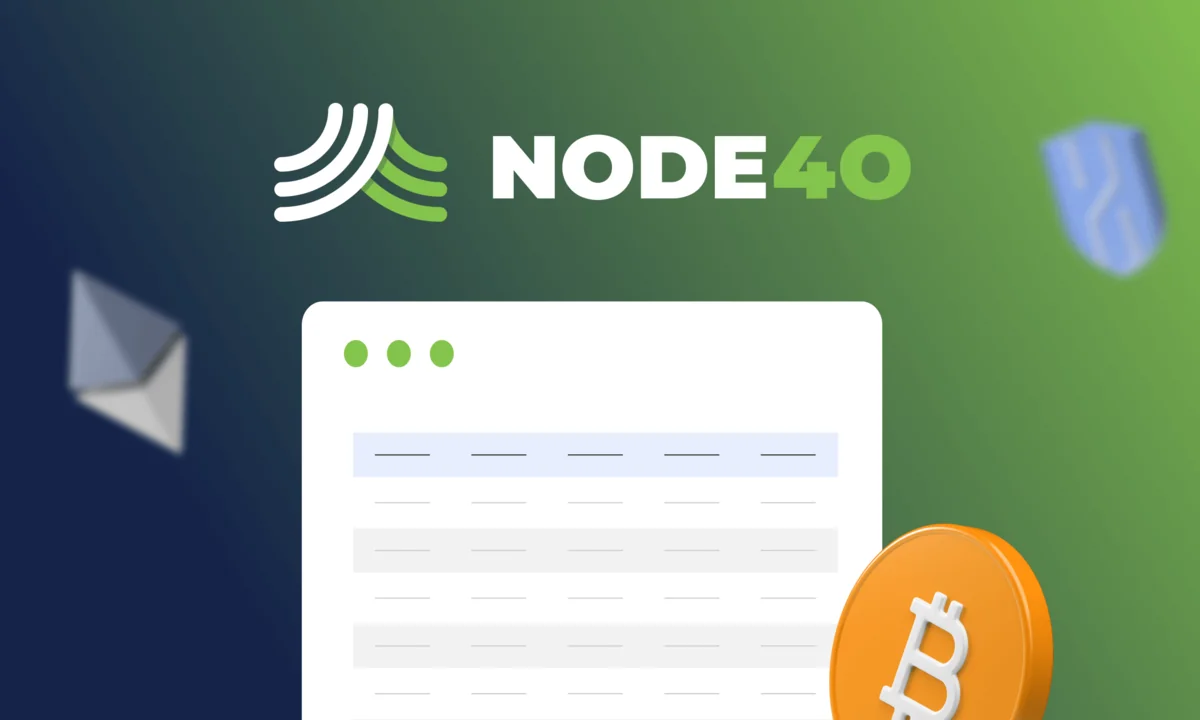As the January 1, 2025 deadline mandating crypto brokers to issue Forms 1099-DA approaches, the industry faces a massive compliance burden that most are unprepared for. Even the estimated 8 billion forms could be too low once tax lot reporting kicks in.
Brokers must brace for an onslaught of customer inquiries once these new tax forms start arriving. The 1099-DA reporting will be uncharted territory, so clear customer education is critical. Brokers need to provide resources explaining what data the forms capture and why this reporting is required by law. They’ll also need robust data collection and reporting processes – an area where partners like NODE40 can prove invaluable.
One key challenge is the cost basis disconnect. Unless customers only traded on one centralized exchange, that exchange lacks the complete cost basis picture for their crypto assets. Although the initial 1099-DA draft doesn’t mandate reporting cost basis, customers will still expect the forms to align with their own records, setting the stage for confusion.
Further sowing bewilderment will be the requirement to issue a separate 1099-DA per transaction. Given crypto traders’ high transaction volumes, they could be inundated with thousands of forms each. The situation becomes even more overwhelming if tax lot reporting gets mandated. Customer service teams should brace for a flood of inquiries from people struggling to reconcile these complex paper trails.
While many brokers offer tools for tracking transactions, generic crypto tax calculators won’t cut it for defending positions at the level of granularity the 1099-DA will require. Customers will likely demand more powerful tax reporting features and documentation from brokers to make sense of it all, further straining support capacities.
The hurdles are magnified for decentralized exchanges lacking robust KYC processes and traditional broker-customer relationships. Their users may encounter even more friction obtaining and reconciling 1099-DAs.
The new 1099-DA regime represents a massive operational challenge that could spark widespread customer confusion and backlogs of inquiries unless brokers take proactive steps. Developing educational materials, fortifying tax reporting capabilities, and ensuring seamless data reporting must be top priorities well before 2025. Those who fail to adequately prepare could quickly be inundated with frustrated customers demanding support. The time to address this industry-level change is now.
